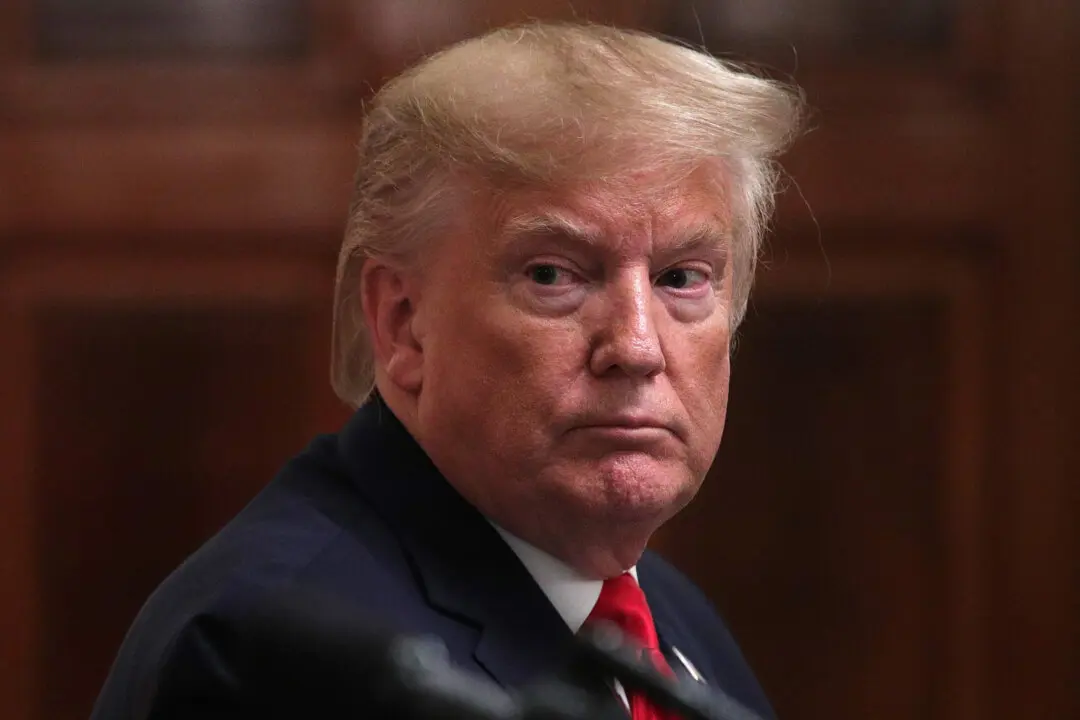A federal judge in Oregon has blocked a Trump administration rule that requires new immigrants to prove that they will have health insurance or can afford it before obtaining their visa.
U.S. District Court Judge Michael Simon granted a nationwide preliminary injunction that would stop the State Department from enforcing the order. The order, signed in October, would require foreign nationals to show “they will be covered by health insurance within 30 days of entering the country or have the financial resources to pay for medical costs,” before they qualify for an immigrant visa.




